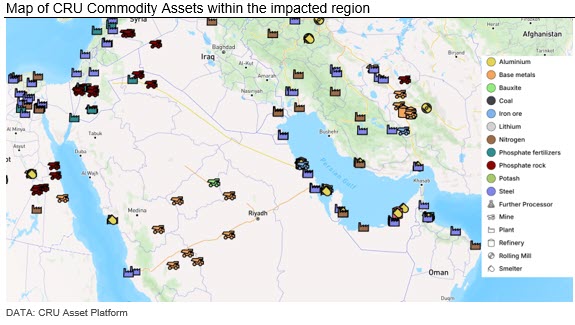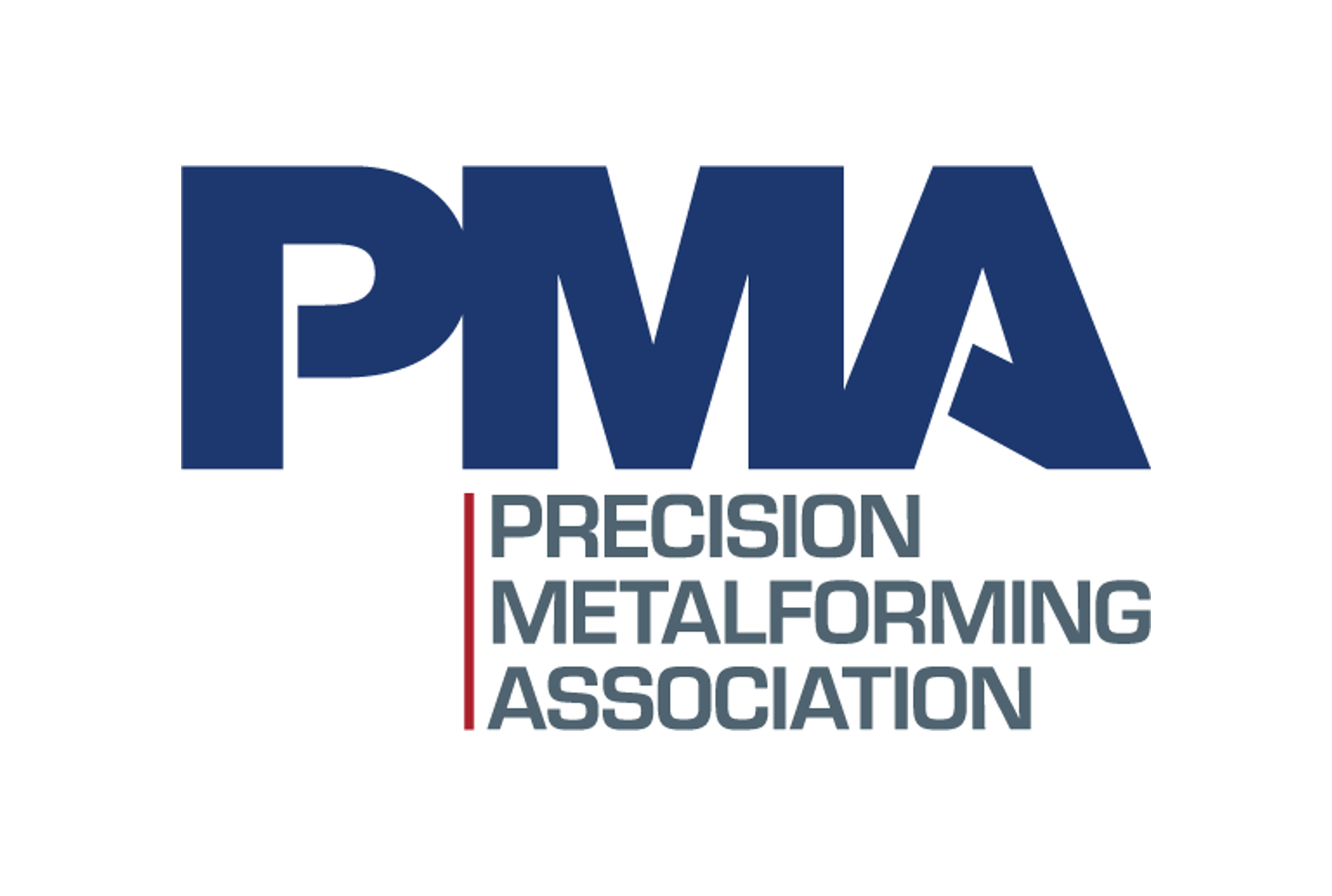Market Data

July 26, 2017
Metalforming Companies Fear Tariffs
Written by Sandy Williams
Metalforming companies in the U.S. and Canada are expecting steady business conditions during the next three months, but expressed concerns about potential Section 232 tariffs.
The PMA Business Conditions Report, prepared by the Precision Metalforming Association, showed most members are not anticipating any changes in general economic activity or incoming orders in the coming months. Current average daily shipping levels were steady in July. Workforce on short time or layoff remained well below historical levels, increasing to 5 percent in July from 2 percent in June.
“The one red flag hovering overhead remains the potential for the Trump administration to impose tariffs on imported steel via the Section 232 investigation,” said PMA President Roy Hardy. “Metalformers will be adversely affected by significant cost increases to their most essential inputs if tariffs are imposed, handing a significant advantage to their overseas competitors. We urge the administration to consider the downstream consequences of tariffs before they act.”
The PMA report is a monthly economic indicator for manufacturing, sampling 104 metalforming companies in the United States and Canada in July.







